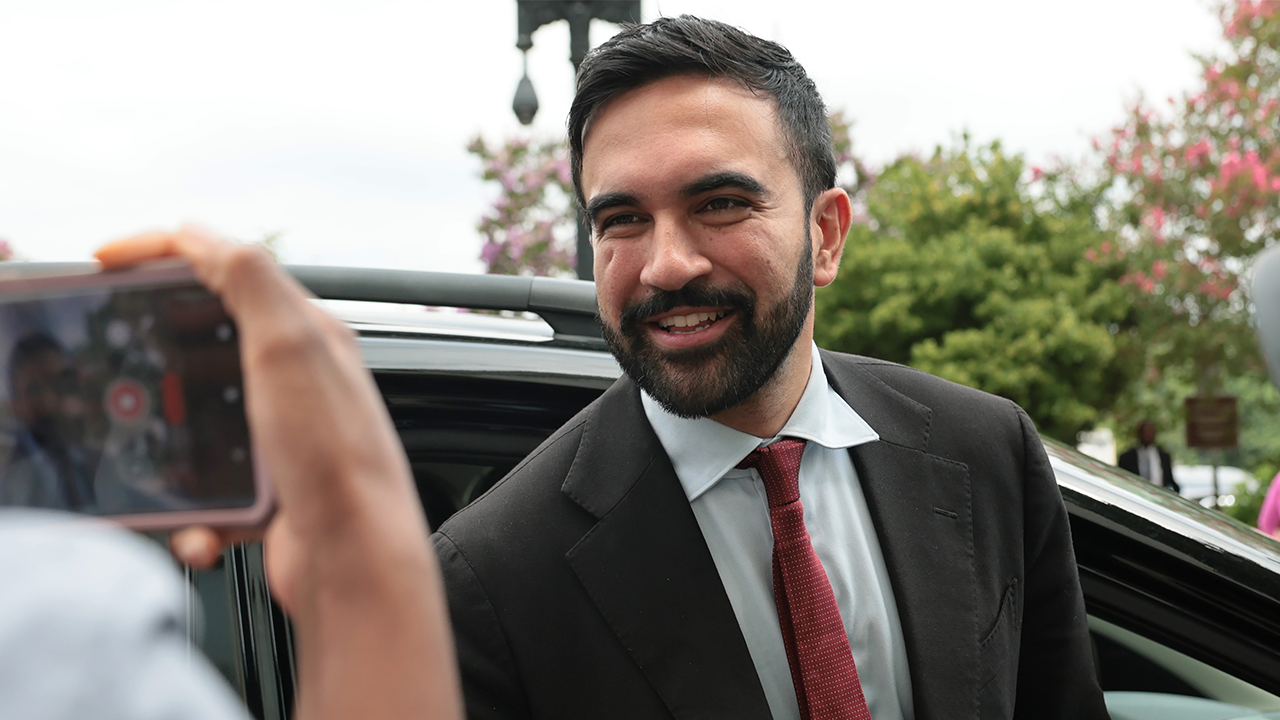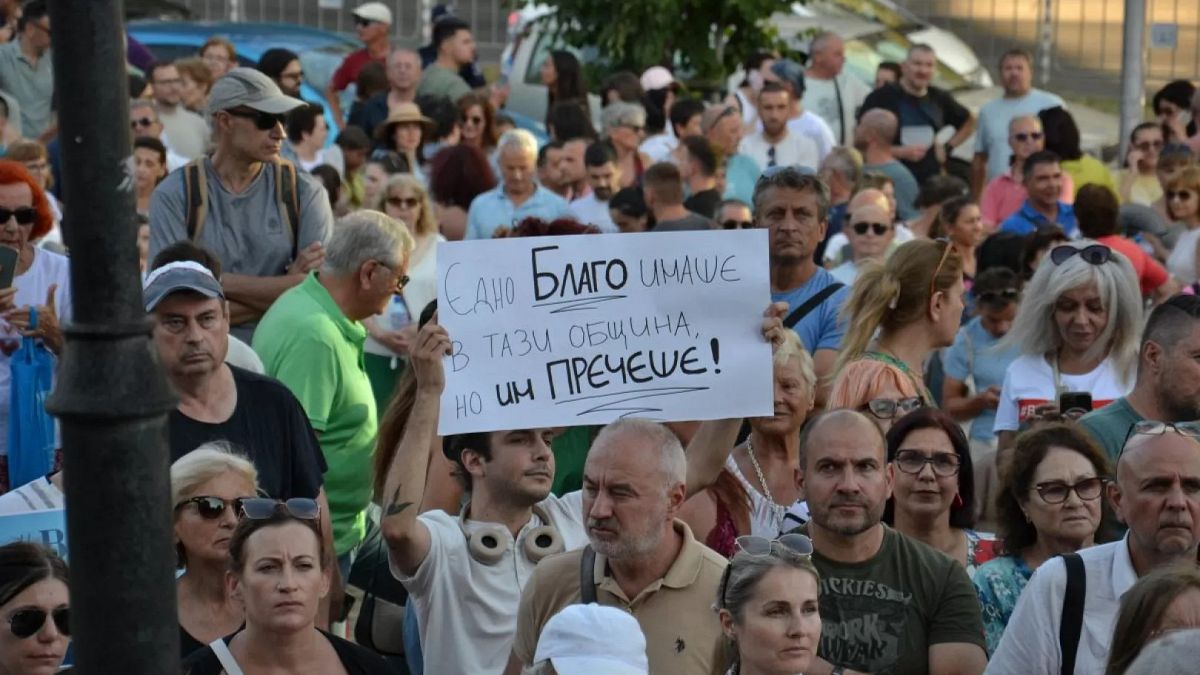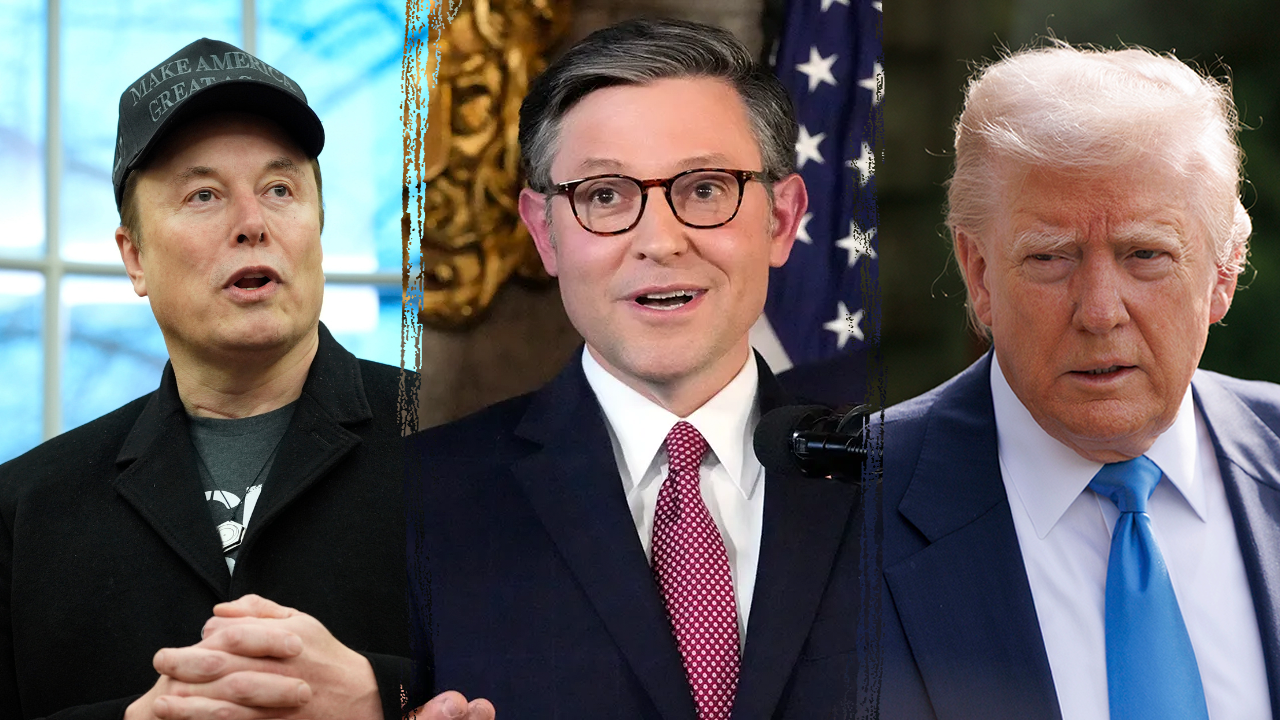Crypto
Hong Kong’s Successful Approach To Cryptocurrency Regulation
.jpg)
A number of measures show that Hong Kong is determined to foster a “vibrant ecosystem” for virtual assets and other related products.
Jill Wong, partner at law firm Reed Smith, writes about
how Hong Kong tackles regulating cryptocurrencies, a task
which involves judging how to balance innovation against
risk.
The editors are pleased to share these views and invites
readers’ responses. The usual editorial disclaimers apply. Email
tom.burroughes@wealthbriefing.com
Like many other jurisdictions, the initial response in Hong Kong
to the advent of bitcoin and other cryptocurrencies was to ask:
“what is this?” This has since evolved, although in the
initial stages of regulatory thinking virtual assets (VAs) were
regulated only to the extent that they fitted into existing laws
governing financial services. For example, VAs that resemble
traditional securities were treated as ‘securities’ or “futures
contracts’ under existing securities laws, and were subject
to the licensing, marketing and other requirements under Hong
Kong law.
However, as these laws were not formulated with VAs in mind,
there were VAs that did not fit neatly into traditional
definitions and so fell outside the regulatory net. The
securities regulator, the Hong Kong Securities and Futures
Commission (SFC), took steps to address this in the form of
public statements, warning the public that VAs, such as
cryptocurrencies, needed to be licensed. For instance, Initial
Coin Offerings could be seen as “collective investment
schemes,” and therefore required a licence under the
Securities and Futures Ordinance (SFO), whilst bitcoin futures
also required a licence under the SFO as “futures contracts.”
Matters accelerated in 2018 when the SFC expanded its regulatory
oversight to cover existing SFC licensees who were portfolio
managers and distributors of VA funds. This was a significant
step in bringing greater oversight and stability to the VA
ecosystem.
The SFC issued a position paper in 2019, outlining a new
framework for regulating centralised VA trading
platforms (VATPs). VATPs that provide trading services in both
non-security VAs and security VAs would fall within the
regulatory net of the SFC. However, a loophole existed: VATPs
that only dealt with non-security VAs remained unregulated.
This was soon dealt with. In June 2023, after extensive
consultation, Hong Kong enacted a comprehensive licensing regime
for VATPs. Under this regime, VATPs performing activities in
non-security VAs are required to obtain a VATP licence under the
Anti-Money Laundering and Counter-Terrorist Financing Ordinance
(AMLO).
The current position and outlook
Hong Kong has ambitions to be a VA hub. It is already moving in
the right direction, with the UN Trade & Development Report in
2023 ranking Hong Kong ninth in the world in terms of its
preparedness for frontier technologies. Hong Kong’s commitment to
innovation (while giving due protection to investors) and a
crypto-friendly legal framework have also positioned the
territory as a global leader in the VA space.
Hong Kong regulators continue to supplement the current framework
for VAs. This includes introducing licensing regimes for issuers
of fiat-referenced stablecoins and over-the-counter trading in
VAs. The regulators have already completed public consultations
on these regulatory proposals and plan to introduce the relevant
legislation soon.
Hong Kong also became the first jurisdiction in Asia to offer
retail investors the ability to trade spot bitcoin and Ether
ETFs, pioneering an in-kind redemption mechanism. This provided
investors with additional flexibility to buy and sell shares of
crypto tokens with a portfolio of securities, financial
derivative instruments or VAs instead of cash.
This is a pivotal move to integrate VAs into mainstream financial
products in Hong Kong. The inclusion of Ether also opens the door
for new ETFs tracking other major cryptocurrencies. This will
further diversify the offerings of exchange-traded products in
Hong Kong which now include a metaverse ETF, a blockchain
ETF and some VA futures ETFs.
Hong Kong is also investing heavily in fintech, a key driver for
the city’s competitive advantage. For example, the Hong Kong
government has commissioned the Hong Kong Monetary Authority
(HKMA) to subsidise training costs for eligible practitioners in
the finance sector under the Fintech Subsidy Scheme.
The latest 2023 “Fintech Promotion Roadmap” outlined five key
pillars for development, emphasising the adoption of fintech
solutions across Hong Kong’s banking industry, expanding the
fintech-savvy workforce, and enhancing data infrastructure.
At the same time, the HKMA’s exploration of a retail Central Bank
Digital Currency, the e-HKD, reflects the regulator’s commitment
to staying at the forefront of digital currency innovation.
Earlier this year, the HKMA launched a stablecoin
“sandbox.” This allows prospective issuers to conduct
experiments under relaxed regulatory settings and will facilitate
dialogue between the issuers and regulators. A high-profile
example is a fintech firm, founded by a former senior regulator,
actively working on a Hong Kong dollar-backed stablecoin,
partnering with prominent players in the digital payments and VA
sectors to explore the use of its stablecoin in retail and
cross-border payments.
Legal advantages?
Hong Kong’s legal system also provides a favourable environment
for the VA industry. Cryptocurrencies have been recognised by
Hong Kong courts as ‘property’ which can be the subject of a
trust in a liquidation context. The courts have also granted
freezing injunctions over cryptocurrencies as asset preservation
measures. These rulings provide welcome certainty for traders and
investors.
That said, while Hong Kong can be viewed as a crypto-friendly
jurisdiction, it is not an “easy” jurisdiction for regulatory
arbitrage. The current VATP licensing regime is stringent and
robust (some argue too stringent). The existing licensing regime
sets out detailed criteria for applicants’ financial resources,
management and governance structure, VA token admission
requirements, client assets custody, and anti-money laundering
and counter-terrorist financing policies.
The SFC has also reiterated that VATPs cannot serve mainland
Chinese residents. These exacting requirements and the lack of
access to mainland customers may have prompted several major
exchange players to withdraw their VATP licence applications.
However, a robust regulatory regime is arguably a necessary
foundation for sustainable growth. It gives credibility to
businesses that commit to compliance and boosts investor
confidence. This would explain the undiminished interest in Hong
Kong amongst the 17 would-be VATPs waiting to be licensed.
Is Hong Kong edging out the competition?
Traditional financial institutions interested in VA distribution
or fund management should be encouraged by recent moves by the
HKMA and SFC. In December 2023, the HKMA and SFC issued the third
joint circular on intermediaries dealing with VAs, expanding the
way for brokers, advisors and fund managers to provide VA-related
services.
There are additional guardrails for investor protection: most
VA-related products are likely to be considered as complex
products and, except in limited circumstances, distributors will
therefore need to comply with existing requirements for sales of
complex products. This includes a suitability assessment of the
VA-related product for the investors.
Only professional investors would have access to these
products. However, there are some options for retail
investors because they can trade VA-related products that are
traded on the Hong Kong Stock Exchange and some other specified
exchanges and the VA funds that are authorised by the SFC for
public offering. This should be a major boost to the VA markets
in Hong Kong.
In addition, the SFC has already greenlighted 25 funds allowing
them to have portfolios that invest more than 10 per cent in VAs.
Traditional banks and securities brokers can also offer VA
dealing services through partnerships with SFC-licensed VATPs.
Several securities brokers have already obtained the go-ahead
from the SFC and, whilst there are currently only two licensed
VATPs, there are likely to be more in future.
These measures demonstrate Hong Kong’s determination to foster a
vibrant ecosystem for VAs, innovative products, and those
that distribute, manage and invest in them. The global
marketplace is competitive, but Hong Kong has positioned itself
at the forefront of this global market and is well-placed to reap
the rewards in the coming years.
Disclaimer: This is for information only and is not
legal advice.

Crypto
What’s a stablecoin? House passes landmark bills to regulate the cryptocurrency

The Republican-controlled House on Thursday passed landmark legislation to regulate stablecoin in a big win for the cryptocurrency industry.
Bitcoin at all-time high as lawmakers focus on pro-crypto legislation
President Donald Trump, once a crypto skeptic, has become a major promoter of the industry.
Scripps News
- The GENIUS Act creates a regulatory framework for stablecoins, a type of cryptocurrency tied to the value of an asset like the U.S. dollar.
- Advocates say the bill will protect consumers.
- Democrats have raised concerns about President Trump’s financial ties to the crypto indusry.
- Trump last year launched World Liberty Financial, which issued a U.S. dollar-backed stablecoin, and raised raised $550 million selling a different crypto coin known as $WLFI.
- Trump also held a dinner in May for the top purchasers of the $TRUMP meme coin, owned by an affiliate of The Trump Organization.
WASHINGTON – The Republican-controlled House passed a trio of bills on July 17 that amount to a big win for a cryptocurrency industry that has helped make President Donald Trump tens of millions of dollars.
A piece of the landmark legislation package, dubbed the GENIUS Act, creates a regulatory framework for stablecoins, a type of cryptocurrency tied to the value of an asset like the U.S. dollar.
Advocates say the primary bill will help protect consumers and set industry standards that could allow stablecoins to become mainstream for digital payments and other financial instruments.
The main bill, approved by the Senate in June, passed the House by a vote of 308-122, with all Republicans and several Democrats voting in favor. It is now headed to Trump’s desk to be signed into law.
“This is a historic opportunity for the United States. After years of work, American innovators are one step closer to having the clarity they need to build here at home while ensuring the future of the digital economy reflects our values of privacy, individual sovereignty, and free-market competitiveness,” Republican Majority Whip Rep. Tom Emmer of Minnesota said in a statement.
However, House leadership had hit unexpected hurdles midweek while trying to advance the three crypto bills, with the first procedural votes on July 16 breaking a record for the chamber by lasting about nine hours.
One measure barring the Federal Reserve from creating a central bank for cryptocurrency was a particular sticking point, with Republicans debating how to best set the bill up to succeed in a future Senate vote. It passed the lower chamber on July 17 entirely with GOP support in a 219-210 vote that fell along party lines.
The Clarity Act, which defines when a cryptocurrency is a security or a commodity and clarifies the Securities and Exchange Commission’s jurisdiction over the entire financial sector, also passed the House on July 17 and must head to the Senate.
Senate Democrats have voiced concerns about Trump’s connections to the cryptocurrency industry.
“The GENIUS Act will accelerate Trump’s corruption by supercharging the size of the stablecoin market and the reach and profitability of USD1,” said Sen. Elizabeth Warren, D-Massachusetts, on the Senate floor in May.
One of the biggest money-making ventures for Trump was World Liberty Financial, a cryptocurrency platform launched last year. It brought in $57.3 million and it launched USD1, a U.S. dollar-backed stablecoin.
Trump also held a dinner in May for the top purchasers of the $TRUMP meme coin, owned by an affiliate of The Trump Organization.
However, supporters of the bill maintained that it could help safeguard investors and help Americans have greater access to the financial system.
“The golden age of digital assets is here, and the U.S. will lead,” said Wisconsin Rep. Bryan Steil in a statement.
Contributing: Riley Beggin, Medora Lee and Swapna Venugopal Ramaswamy, USA TODAY
Crypto
Russian National Charged With Laundering $530 Million Through Cryptocurrency Companies

Iurii Gugnin, a 38-year-old Russian national residing in New York, has been charged with 22 criminal counts by the US Department of Justice (DOJ) for allegedly laundering over $530 million through his cryptocurrency companies, Evita Investments and Evita Pay. The charges include wire fraud, bank fraud, money laundering, and violations of the International Emergency Economic Powers Act (IEEPA).
Gugnin is accused of creating a financial pipeline using the stablecoin Tether USDt (USDT) to support sanctioned Russian entities and bypass US sanctions and export controls. He allegedly deceived banks, falsified compliance documents, and facilitated access to sensitive US technologies. Gugnin’s actions highlight the misuse of digital assets for illicit finance and the growing challenges of regulating cryptocurrency markets.
Gugnin presented Evita as a legitimate cryptocurrency payment service but allegedly used it to secretly transfer illegal funds for Russian clients. By posing as a compliant financial technology company, Evita moved money through US banks and crypto exchanges while hiding the funds’ real sources. As president, treasurer, and compliance officer, Gugnin had complete control over these companies’ operations, finances, and regulatory reporting, enabling him to manage transactions, misrepresent the companies’ activities, and ignore Anti-Money Laundering (AML) rules. Authorities claim Evita’s systems were used to help sanctioned Russian entities obtain US technology and channel funds through stablecoins like USDT.
Gugnin is accused of moving $530 million through the US financial system while concealing the illicit origins of the funds. He laundered about $530 million through US banks and cryptocurrency exchanges, primarily using USDT, a stablecoin tied to the US dollar and known for its fast, low-volatility cross-border transactions. The operation involved receiving cryptocurrency from foreign clients, many connected to sanctioned Russian banks, including Sberbank, VTB, Sovcombank, and Tinkoff. These digital funds were channeled through cryptocurrency wallets controlled by Evita and then converted into US dollars or other traditional currencies via US bank accounts. This helped Gugnin to obscure their origins and assist Russian clients in evading international sanctions.
Gugnin used deceptive methods to hide the illegal nature of these cross-border transactions. He altered invoices digitally to remove the names and addresses of Russian clients and provided false compliance documents to banks and cryptocurrency exchanges. These documents wrongly claimed that Evita had no ties to sanctioned entities and had complied with AML and Know Your Customer (KYC) regulations. Despite claiming compliance, Evita allegedly operated without an actual AML compliance and failed to file Suspicious Activity Reports (SARs) as required by US regulations. This allowed Gugnin to mask the source and purpose of the funds, enabling high-risk transactions that may have supported Russia’s access to restricted US technology.
Gugnin, through his cryptocurrency companies, allegedly created a financial network to support Russian entities banned by US sanctions. Prosecutors allege he handled more than $500 million in transactions for Russian clients connected to sanctioned banks, including PJSC Sberbank, PJSC Sovcombank, PJSC VTB Bank, and JSC Tinkoff Bank. While living in the US, Gugnin held personal accounts with sanctioned banks JSC Alfa-Bank and PJSC Sberbank. He also enabled payments to acquire US export-controlled technology, such as sensitive servers, and laundered money to obtain components for Rosatom, Russia’s state nuclear agency. Actions of Gugnin and Evita provided Russian clients access to restricted components. Gugnin hid his activities by altering invoices to conceal Russian ties and falsifying compliance documents.
Gugnin and his companies are accused of deliberately violating US sanctions and export controls and the International Emergency Economic Powers Act (IEEPA). He allegedly deceived US banks and cryptocurrency exchanges by falsely stating that Evita had no connections with sanctioned Russian entities, while actively processing transactions for clients linked to blacklisted banks. To hide his activities, Gugnin secured a Florida money transmitter license by providing false details about Evita’s operations. This allowed him to use crypto exchange services under the pretense of compliance. Gugnin transferred over $500 million, often in USDT, into the US financial system through this scheme. Gugnin’s actions violated federal laws and threatened national security by enabling sanctioned entities to evade restrictions and illegally obtain sensitive US technologies.
The US DOJ alleges that Gugnin and his crypto companies failed to follow key AML rules required by the Bank Secrecy Act. Although Gugnin presented Evita as a legitimate money services business, he allegedly did not establish an effective AML program and failed to submit suspicious activity reports (SARs) to the Financial Crimes Enforcement Network (FinCEN), which are crucial for detecting and preventing illegal financial activities. Moreover, Gugnin misled banks and cryptocurrency exchanges by falsely claiming that Evita complied with strict AML and KYC standards, when these measures were either inadequate or missing. This deception allowed over $500 million to flow through the US financial system without proper regulatory oversight.
Federal investigators found strong evidence that Gugnin knew his actions were illegal. They found that Gugnin had allegedly searched terms like “how to know if there is an investigation against you,” “money laundering penalties US,” and “am I being investigated?” This showed he was aware of potential legal risks. Gugnin had also searched for “Evita Investments Inc. criminal records” and “Iurii Gugnin criminal records,” indicating he was worried about the consequences of his actions. Gugnin had also visited websites explaining signs of being under criminal investigation and ways to detect law enforcement attention. These online activities suggest he was conscious of his guilt and actively tried to avoid detection. This digital evidence supports the prosecution’s claim that Gugnin intentionally broke US laws while attempting to conceal his money laundering activities from authorities.
Gugnin faces a 22-count federal indictment for offenses related to laundering $530 million through his cryptocurrency companies. He has been charged with wire fraud, bank fraud, money laundering, conspiracy to defraud the US, violations of the IEEPA, and running an unlicensed money transmitting business. Additional charges stem from Gugnin’s failure to establish an effective AML program and not filing suspicious activity reports (SARs). If found guilty, Gugnin could face up to 30 years in prison for each bank fraud charge and up to 20 years for wire fraud and sanctions violations. Gugnin was arrested and arraigned in New York, and he is currently detained while awaiting trial, as authorities consider him a flight risk.
The case against Gugnin reveals increasing concerns about cryptocurrencies, especially stablecoins like Tether, being used to evade cryptocurrency regulations and US sanctions. As part of a broader effort to combat illegal crypto activities, the indictment shows how sanctioned entities, particularly those connected to Russia, use digital currencies to bypass restrictions and access global financial systems. Although stablecoins provide transparent transaction records, their speed and worldwide reach make them appealing for money laundering. The Gugnin case may lead to stricter regulations for crypto exchanges, payment processors, and money transmitters, with more vigorous enforcement of AML and sanctions compliance rules. Gugnin’s case also highlights the national security risks, as his actions enabled Russian clients to obtain restricted US technology. It may result in regulators imposing more stringent reporting measures on crypto firms to prevent foreign adversaries from exploiting digital finance to harm US interests.
Crypto
Attorney General Jackson and Secretary of State Marshall Launch Crypto Scams Prevention Effort
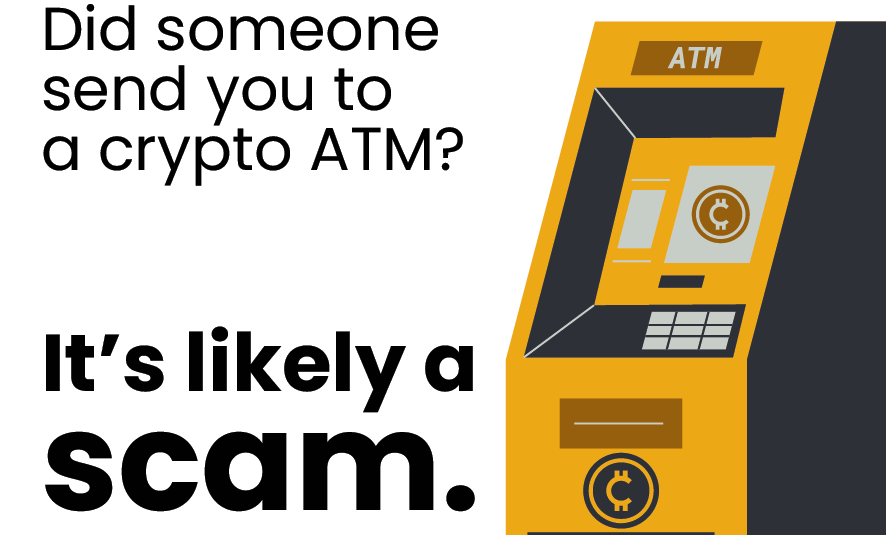
-

 News1 week ago
News1 week agoVideo: Trump Compliments President of Liberia on His ‘Beautiful English’
-

 News7 days ago
News7 days agoVideo: Clashes After Immigration Raid at California Cannabis Farm
-

 Politics1 week ago
Politics1 week agoJournalist who refused to duck during Trump assassination attempt reflects on Butler rally in new book
-
Business1 week ago
Commentary: Does America need billionaires? Billionaires say 'Yes!'
-

 News7 days ago
News7 days agoTrump heads to Texas as recovery efforts from deadly flood continue
-

 World7 days ago
World7 days agoNew amnesty law for human rights abuses in Peru prompts fury, action
-
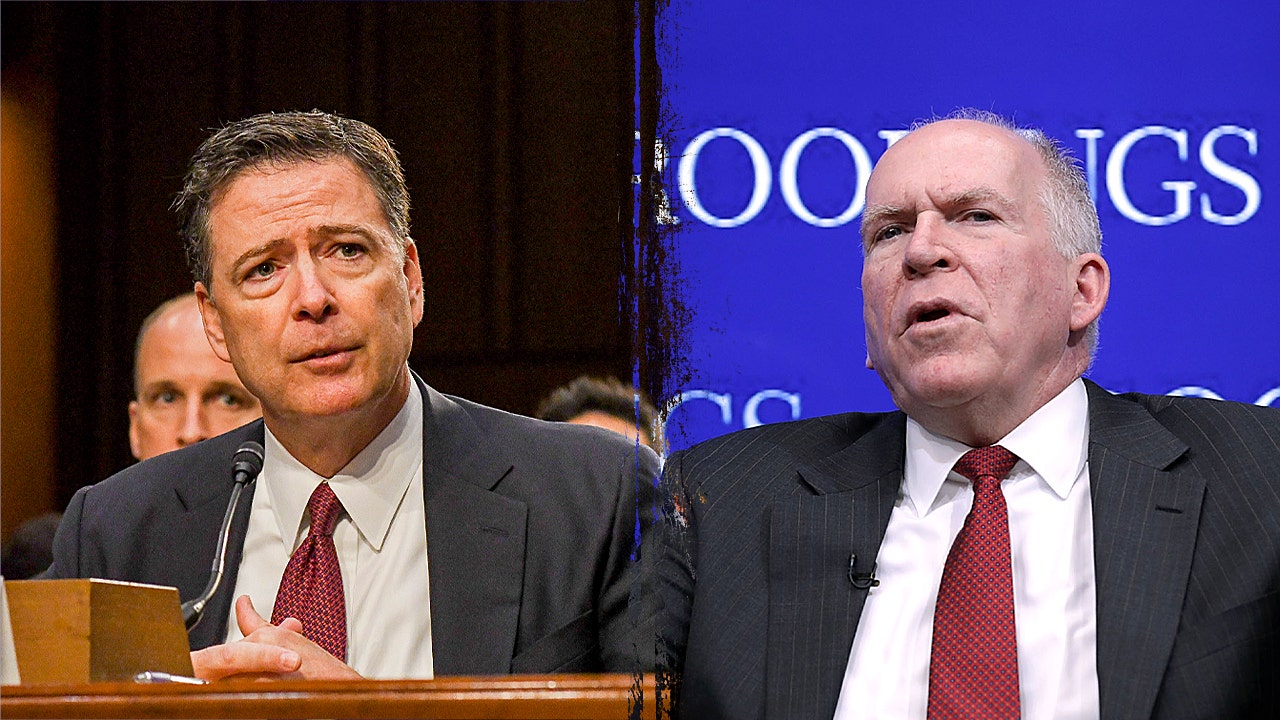
 Politics1 week ago
Politics1 week agoObama officials used dossier to probe, brief Trump despite knowing it was unverified 'internet rumor'
-

 News1 week ago
News1 week agoDOGE keeps gaining access to sensitive data. Now, it can cut off billions to farmers










